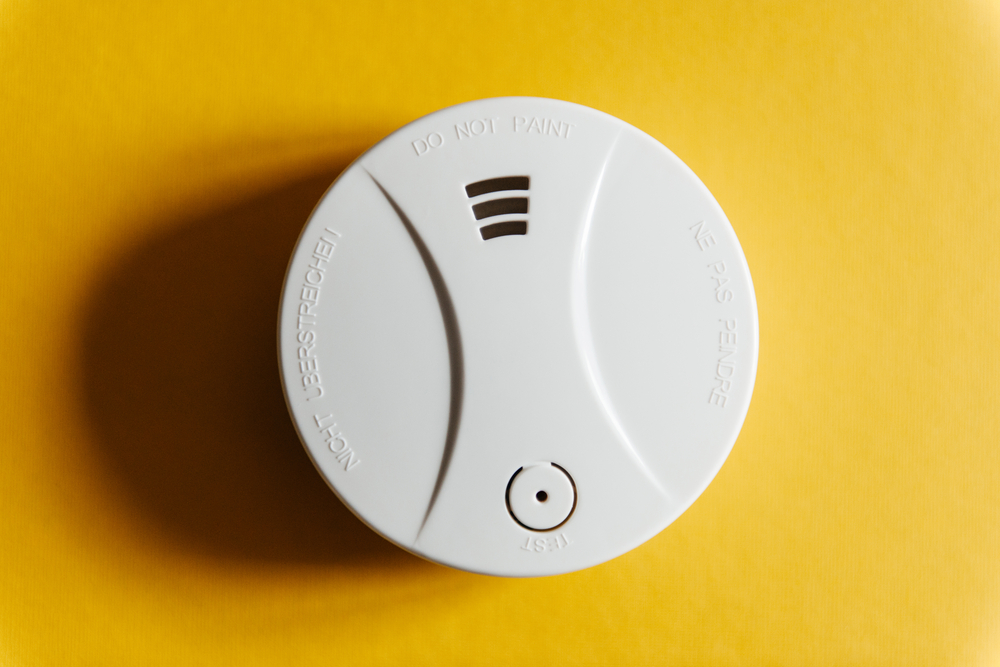Days
Hours
Minutes
Seconds
May 1 2026 - Renters' Right Act Commencement Day
You have 0 days to:
Serve any final Section 21 notices
Stop accepting above-asking rent offers
Prepare for the rental bidding ban
Remove “No DSS” from adverts
Remove “No Children” from listings
Show one clear rent price
Stop using fixed-term agreements
Switch to periodic tenancy templates
Check which tenancies go periodic
Stop taking rent before signing
Take no more than one month’s rent
Move all evictions to Section 8
Train staff on new notice rules
Create Section 13 process flow
Add two months to rent reviews
File court claims for Section 21s
Update landlord move-in grounds
Update landlord selling grounds
Send the RRA Information Sheet
Create written terms where missing
Update How to Rent processes
Review tenant screening questions
Update pet request processes
Stop backdating rent increases
Discuss rent protection backbooks
Act now before it is too late...
Gas safety certificates: How to track expiry dates (at scale)
A gas safety certificate ensures that gas appliances, fittings, and flues meet legal safety standards. Here's how long they last and more.
Emily Popple
Mar 3, 2025
Updated Mar 3, 2025
The latest research from the Gas Safety Register revealed that 20% of UK homes could house an unsafe gas appliance — with the potential to cause carbon monoxide poisoning, gas leaks, fires, and explosions.
Under the Gas Safety (Installation and Use) Regulations 1998 in England, Scotland, and Wales, having an up-to-date gas safety certificate is a legal requirement.
Without an up-to-date gas safety certificate, you can't let a property and you could receive the standard £6,000 fine. But if your breach is severe, you could face unlimited fines and/or a six-month custodial sentence. Tenants can also file lawsuits for a breach of duty or negligence if you forget to renew them.
However, gas safety certificates are still provided in hard-copy form, and there’s no centralised online database. This makes it easy to lose track of both the documents and the renewal dates, especially if you're managing a big portfolio of rental properties.
In this blog, I'm going to help you solve this problem so you can ensure gas safety compliance at scale.
- What is a gas safety certificate?
- How long does a gas safety certificate last?
- How to ensure gas safety compliance across your managed book
What is a gas safety certificate?
A gas safety certificate, is a document that ensures gas appliances, fittings, and flues have been inspected and meet legal safety standards. The inspection is conducted by a registered engineer who checks every aspect of the gas system to identify issues that could pose safety risks.
It’s the responsibility of whoever manages the property (letting agents or landlords) to make sure that the property is safe for tenants.
What does a gas safety inspection look like?
A Gas Safe engineer will see if all appliances, including the gas boiler, supply, and gas fires are in good working order and will:
- Check if gas appliances are on the right setting and are at the correct operating pressure
- Check if any harmful gases are removed from the appliance safely or not
- Check if any ventilation routes are working properly or not
- Check if all safety devices are working properly or not
- Check the flue flow to ensure combustible products are removed
Gas safety checks don't include installation of pipework. However, the engineer must check for the tightness of the gas system and identify any leaks or issues that could lead to possible leaks.
What details does a gas safety certificate include?
A gas safety certificate must include the following details:
- Property details - the address where the gas safety check was carried out.
- Inspected appliances and systems - a description of the locations of all checked appliances, chimneys, and flues.
- Landlord information - the name and address of the landlord.
- Gas safety defects and actions taken - any identified issues and remedial work completed.
- Engineer details - the name, registration number, and signature of the Gas Safe registered engineer who conducted the check.
- Date of inspection - the date when the safety check was completed.
- Inspection checklist for each gas appliance - confirmation that the engineer has examined:
- The effectiveness of flues.
- The supply of combustion air.
- The operating pressure and/or heat input.
- The overall functionality to ensure safe operation.
- Regulatory compliance statement - a declaration that the check meets the requirements of the Gas Safety (Installation and Use) Regulations 1998.
What happens if your gas safety certificate isn't updated?
In 2024, a Kent landlord received a suspended prison term after she failed to conduct mandatory gas safety checks. A Health and Safety Executive (HSE) spokesperson said that this was a result of her "flagrantly" ignoring support, guidance and warnings about compliance.
How should you rectify issues?
If any issues are highlighted when the equipment is checked, you need to rectify the problem at the time the check takes place or take "prompt action" to correct any defect as quickly as possible, according Government guidelines.
If this affects the heating, you'll need provide an alternative heating solution.
If an appliance is suspected to be unsafe or dangerous to tenants, it shouldn't be used until a solution has been found.
The record of the checks is a "living document" and should be supplemented with any proof of the follow-up action taken.
What happens if the tenant doesn't allow access to complete the checks?
A record of all communication around the checks should be kept, to prove that you took "all reasonable steps to comply with the law". The guidelines recommend writing to the tenant to let them know that it's a legal requirement and give the tenant the opportunity to arrange a time for the inspector to complete the check.
The guidance also suggests including details on how to arrange these checks in the tenancy agreement, to clarify what's involved.
How long does a gas safety certificate last?
Gas safety certificates last for 12 months and must be renewed annually. Inspections take around half an hour to complete, with larger properties taking longer. Once the appliances have been checked, you'll receive a Gas Safety Certificate for your records, which you'll need to keep for at least two years.
You need to share the most recent version with tenants before they move into that property, or within 28 days of a check taking place mid-tenancy.
How to ensure gas safety compliance across your managed book
Keeping track of gas safety compliance is a nightmare, especially across a large portfolio. Given that there’s no online register to track gas safety certificates, you need a robust filing system to ensure all documents are up-to-date, well organised, and easily shareable with tenants.
This is where Goodlord comes in. We keep all of your Gas Safety Certificates, Electrical Installation Condition Reports (EICR), and Energy Performance Certificates (EPCs), in one place, making compliance simple.
Here's exactly how we help:
1 - Managing expiry and renewals
Goodlord helps you stay organised. Our Certificate Centre consolidates all your compliance documents, including gas safety certificates. Once documents are added to the Goodlord platform, you’ll receive notifications when your gas certificate is about to expire, giving you plenty of time to arrange for inspections and get them updated.
2 - Ensuring compliance for new tenancies
Goodlord makes sure that all the necessary documentation is uploaded and shared with tenants before they sign their tenancy agreement. Through Goodlord’s automated workflow:
- You're prompted to upload a valid gas safety certificate when setting up a new tenancy
- Tenants receive the certificate electronically before signing their contract
- As part of the signing process, tenants acknowledge receipt of the document, ensuring compliance with regulations
- Once the tenancy agreement is executed, tenants receive the certificate, again, reinforcing transparency and accessibility
- Tenants can access the certificate at any time via their homepage on Goodlord’s platform
3 - Integration with Reapit
You can also use our integration with Reapit to maintain a single source of truth. This allows you to:
- Upload certificates into Goodlord, which are then synchronised back to Reapit
- Pull certificates from Reapit into Goodlord, ensuring consistency across platforms
- Reduce the risk of outdated or missing documents
If this sounds good, let’s get in touch 👇
This article is intended as a guide only and does not constitute legal advice. Visit gov.uk for more information.







